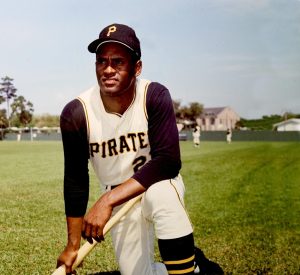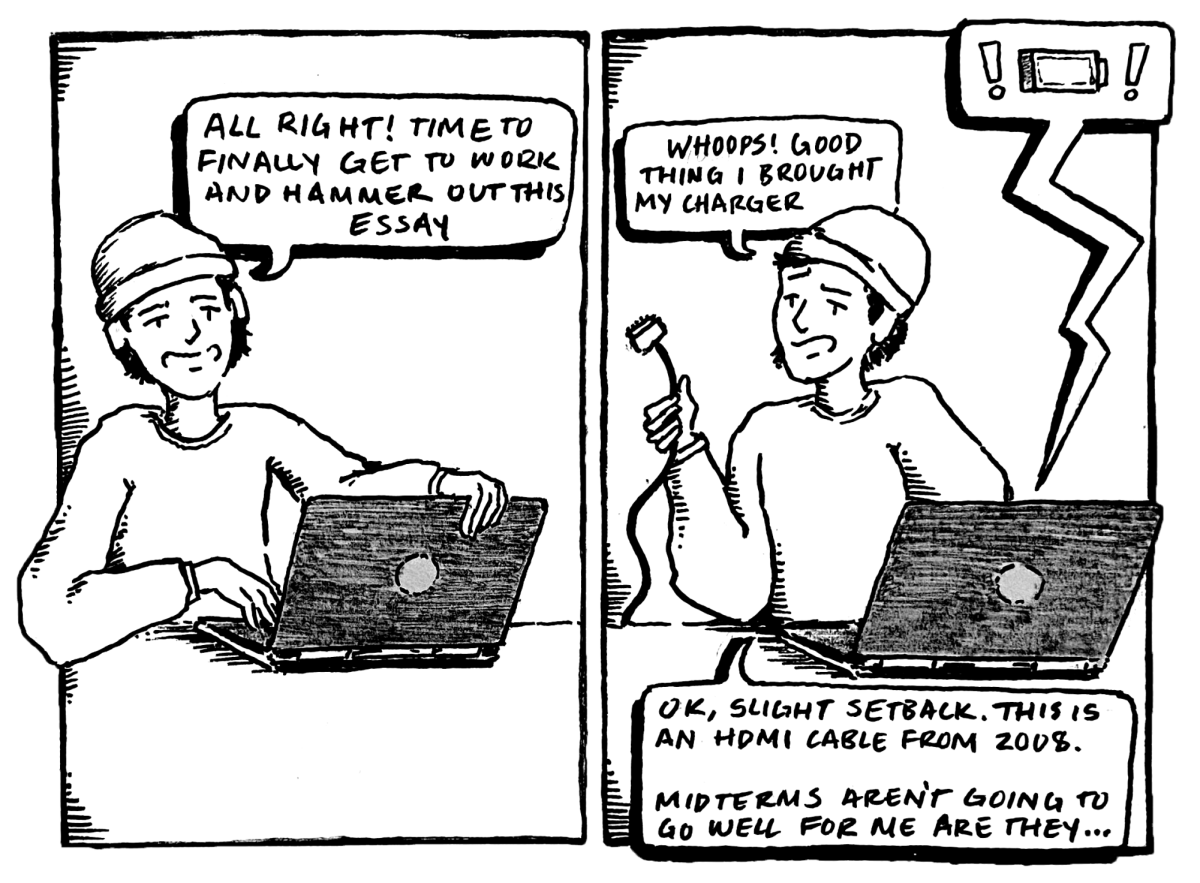Progressives, Ron Paul Just Isn’t That into You
April 19, 2013
Oberlin, we need to talk. I know that since you’ve gotten to know Ron Paul, your time with him has seemed absolutely dreamy — especially because your past history with candidates for federal elected office is pretty dismal. You can’t count the number of times you’ve been wooed by a slick Democrat spouting liberal sweet talk about compassion and social justice, only to find yourself in bed with a plutocrat who’s bankrolling authoritarian juntas and locking up small-time drug users, just like the last creep you swore you’d never campaign for again.
People said that Ron Paul wasn’t the right public figure for you, and for a while you may have believed them. Getting involved with a Texas Republican probably seemed iffy from the start, and some of his early issue positions (U.S. exceptionalism, race-baiting, conservative Christianity) raised red flags as soon as you noticed them. For all you knew, he was liable to embarrass you at any moment by standing up in the middle of a crowded rally and doing something uncouth like denouncing the 14th Amendment or the theory of evolution.
Still, let’s be honest: You fell for Paul the moment you first saw him at a Republican presidential debate disavowing U.S. military intervention in the Middle East. Having never committed to a major-party candidate with the guts to so much as mention the CIA-backed overthrow of Iranian Prime Minister Mohammad Mossadegh, it’s no wonder hearing Paul tell you how he honestly feels about “enhanced interrogation techniques” sends a thrill up your leg. His views on executive overreach and criminal injustice even remind you of that amazing time you once had at an Occupy Wall Street rally, but his long-term commitment to opening field offices and releasing slick campaign ads is unlike anything you’ve ever seen in a pot-smoking anarchist. All he had to do was say the word “revolution” and you started seeing starbursts in his eyes.
Well, Oberlin, I’m here to tell you that you can’t do this to yourself. Before you let your political passion for Ron Paul turn into something more electable, you need to have a heart-to-heart about the ways your political philosophies might not be meant for each other, and not just let him drown you out with another call for closing Guantanamo or legalizing weed. Does he think progressive taxation and social safety nets are a sensible governing agenda, or a plot to redistribute wealth from “job creators” to “moochers?” Does he object to globalization because Third World laborers are being unfairly exploited, or because they’re “stealing American jobs?” Does his principled federalism draw from the same political tradition as the historically reactionary appeal to “states’ rights,” or does he present a plausible alternative to federal action by which policies like racial segregation or anti-sodomy laws might have been ended? If you let Ron Paul say, “I do [solemnly swear that I will faithfully execute the office of President of the United States],” without making him answer these questions, it’ll only hurt more when he answers them from the Oval Office.
And while we’re on the subject of taking this relationship to the next level, are you sure that’s what Ron Paul really wants? He says such amazing things at debates and speeches, and he’s even come and serenaded you with sweet words of libertarianism at your very own college, but how do you know he’d be willing or able to live by these words in a four- or eight- year commitment at the White House? Has he sat you down and gone over his budgets, his bills, his plans for convincing majorities in both houses of Congress to cooperate with his governing agenda? If the answer is no, what makes you think you wouldn’t be better off with the Occupier whose long road to elected office starts with taking a shower?
Oberlin, I have a hunch that Ron Paul is stringing you along. He loves it when you lavish him with donations, page views and five-figure speaking invitations, but he doesn’t want what’s really best for you. He sees the abusive relationships you’ve had with politicians in the two-party system and he promises things can be better, but this doesn’t seem to translate into systemic electoral reforms that might actually enable greater political diversity in the federal government. Why? Because he knows that if you opened your eyes to the number of great minor-party candidates you’ve been ignoring for fear of playing spoiler in a first-past-the-post election, you’d realize that Ron Paul is not the politician you’ve been waiting for.
The fact of the matter, progressives, is that Ron Paul just isn’t that into you — and the sooner you realize it, the sooner you can work toward more fulfilling political relationships that can give you the social justice, economic egalitarianism and broad-based solidarity you want and need.


















